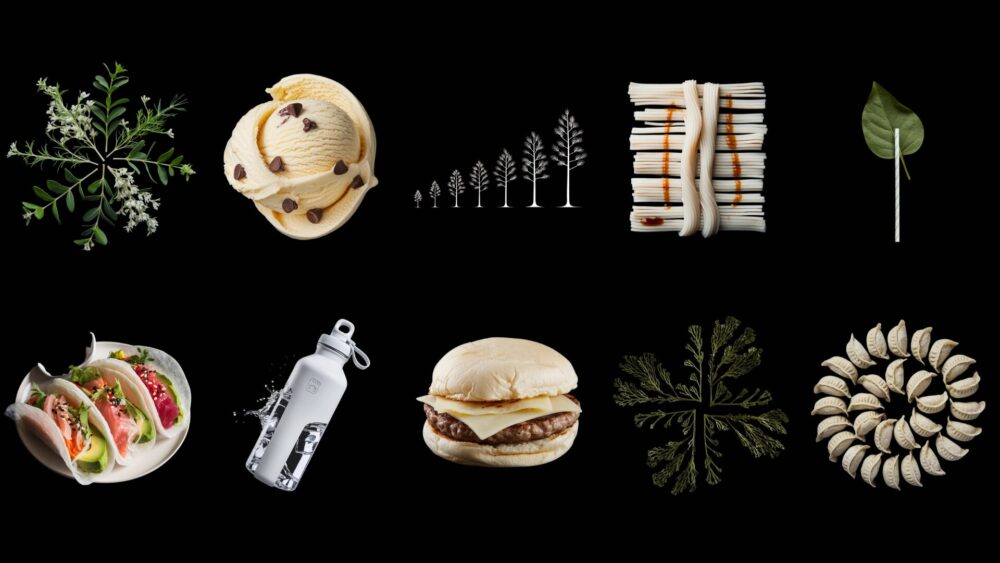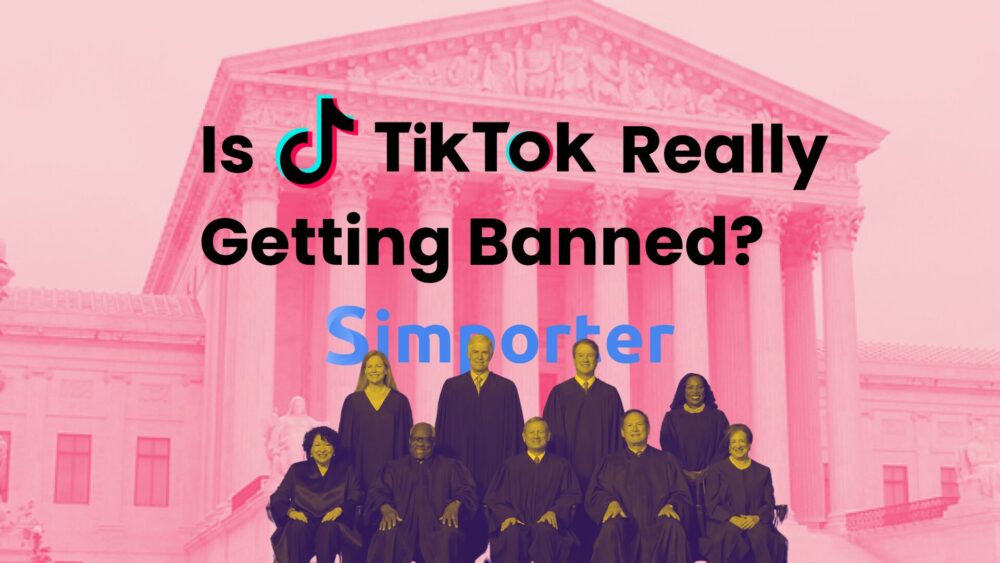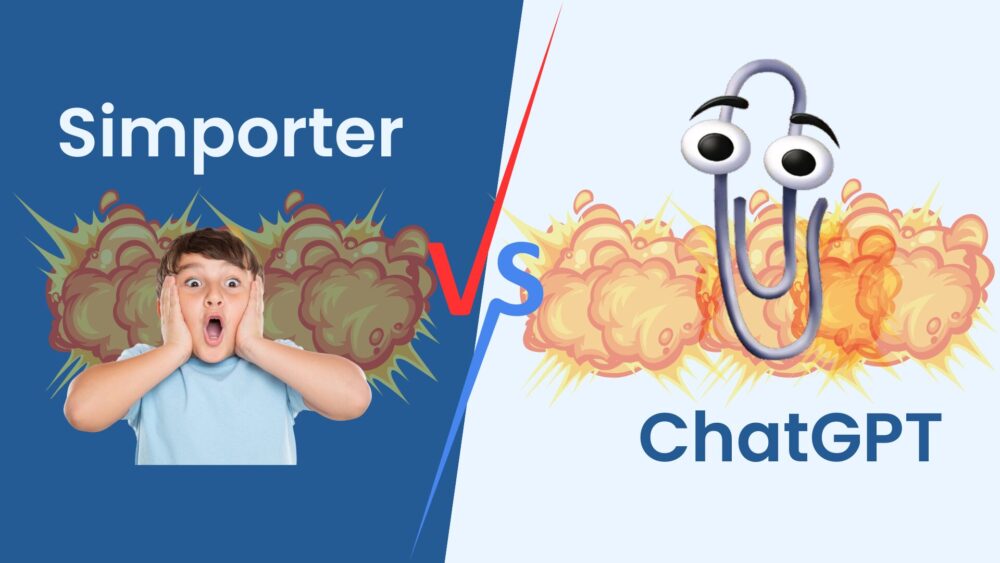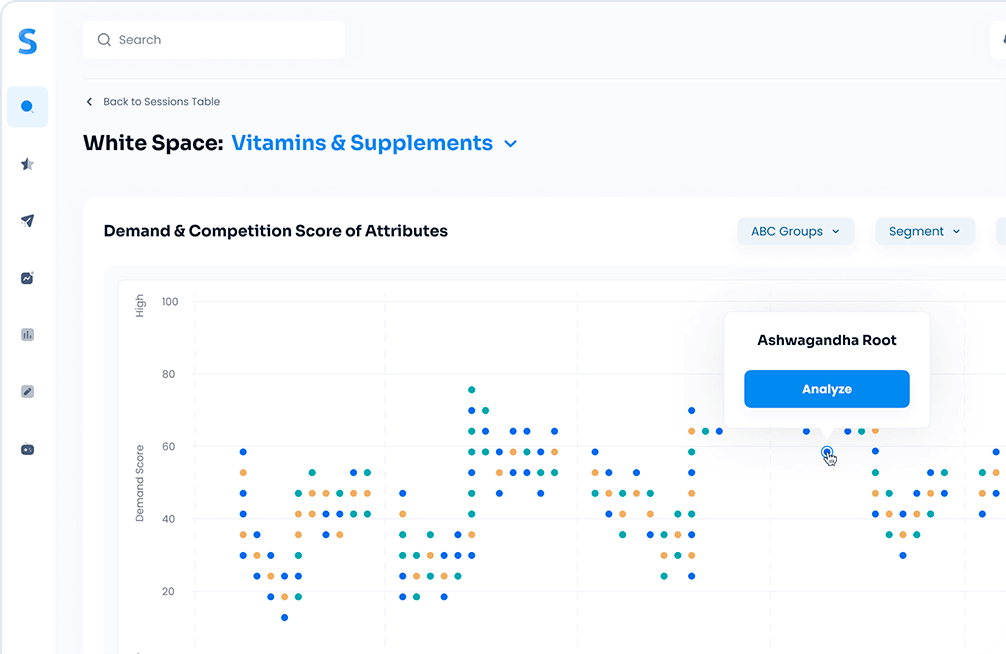While we prefer to keep things positive around here at Simporter, we recognize that for your R&D efforts, we can’t only focus on predicted winners in various household care, luxury cosmetics, or other industries. This time around, we will have to focus on our Predicted Losers for 2023’s Oral Care Forms. We recently covered our predicted winners if you’re looking for other oral care data analysis and predictions, but today is all about the losers.
We analyzed 13 total forms that our team believes will struggle to stay competitive in the oral care industry throughout the rest of 2022 and into 2023. We looked at various factors, including current trends, growth rate percentage, and share of voice percentage, to make our predictions. Leveraging our White Space AI tool, we gathered the data necessary to help make you avoid making R&D mistakes for the rest of the year.
Here are Our Predictions: 2023 Oral Care Forms Losers:
Wipes

Our number one predicted loser for 2023 in oral care forms is Wipes. Wipes have seen a steady decline in popularity, and we don’t see that trend slowing down or reversing anytime soon. Oral care Wipes like these from Snow are a type of product designed to cleanse the mouth and remove plaque and food debris from teeth or help whiten your smile.
They are often used in conjunction with toothpaste and a toothbrush, and they can be a helpful tool for people who have trouble brushing their teeth effectively. Most oral care wipes are alcohol-free and safe for use on all types of teeth, including braces and dentures.
With a 1.05 percent share of voice and an expected growth rate of -47.80 percent, oral care wipes are not looking like a solid category for R&D investment in the near future.
Powder
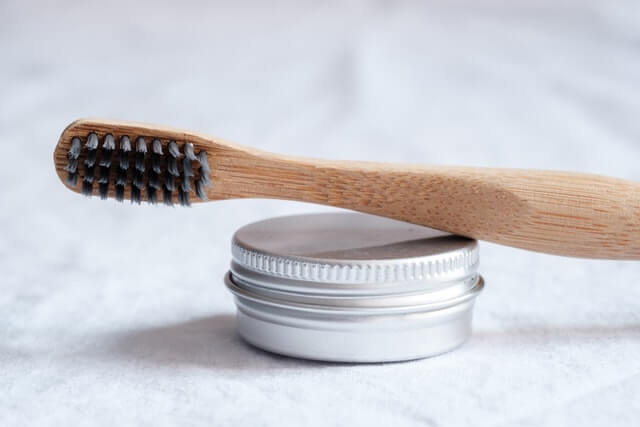
In second place on our list of predicted losers for 2023 oral care forms is Powder. Powder is a dry oral care form that is not as popular as it once was, as consumers are increasingly moving away from this form in favor of other options, such as gels and liquids. Dental Powder is used to absorb moisture, remove food debris, and promote a healthy oral environment.
While it is still an effective form of oral care, powders are not as popular as they once were. Plus, Powders can also be messier and more challenging to use than alternative products, which may be why consumers are moving away from this form and products like this one to try other various oral care products. We predict that their share of voice (0.64 percent) will continue to decline (negative 39.56 percent expected growth rate) in the coming years.
Pastes
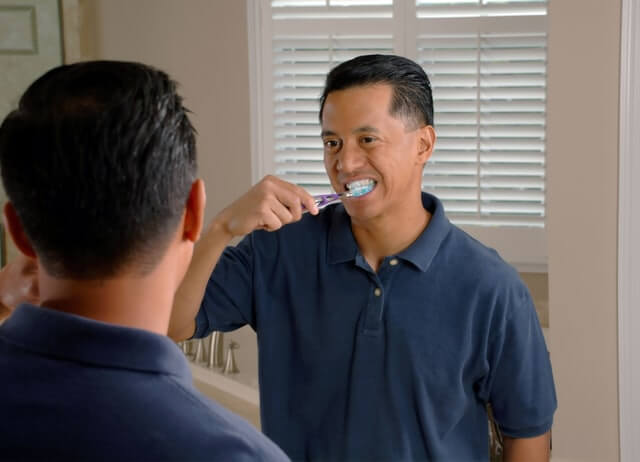
With the second-largest share of voice on our list at 1.33 percent, it’s no surprise that pastes are one of the most popular oral care forms. However, this doesn’t mean that they’re safe from decline.
In fact, our data shows that pastes are predicted to have the third-highest decline in popularity, with a share of voice decrease of 18.78 percent. It’s a bit surprising to see this, considering every household you can think of uses toothpaste as part of their oral hygiene routines.
So what does this mean for consumers?
Toothpaste from industry giants like Sensodyne isn’t going anywhere. Pastes are simply losing market share to new and trendy options like tablets, sticks, or picks. If you’re an oral care company looking to innovate your product line for 2023, perhaps don’t spend too much time on new pastes.
Instead, focus on other forms that may be growing in popularity. Toothpaste has been a staple in oral care for as long as anyone can remember, but it looks like its days of domination might be numbered.
Gels
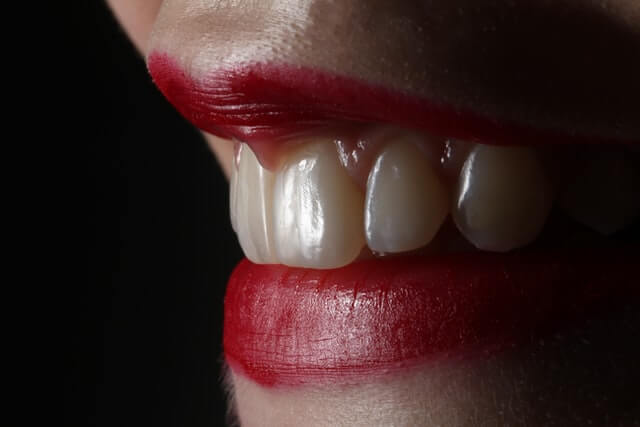
Fourth on our list is Gels, which consumers typically use in addition to or in place of toothpaste. Oral Care Gels are a type of dental product containing a high water content, making them higher in viscosity than other dental products. Gels like the ones made by Orajel typically have a lower abrasiveness than different types of oral care products, which means they can be gentle on teeth and gums.
Although gels are not as popular as other products like Pastes (which have 13 times the market share), they are predicted to lose some of their already-small 0.10 percent market share in the coming years with a negative 14.17 percent growth rate.
Strips

In recent years, products like Crest’s Whitening Strips have taken the oral care world by storm. However, according to our data, this product category is declining.
We predict that the share of voice for strips – which currently sits at 1.41 percent – will experience a noticeable decrease with an expected negative growth rate of 13.13 percent throughout the next year or two. Strips will remain relevant in the ora care industry; however, their growth potential is stunted.
Spray

Coming up in last place (which we suppose is actually a good thing on a predicted losers list) is Spray, the sixth and final category of 2023 oral care forms that we’ll cover. Brands that create Spray (like Dr. Brite) offer products meant to be spritzed into the mouth for fresh breath or to supplement brushing.
Of all 2023 oral care forms we analyzed, Spray has the second-lowest share of voice at 0.22 percent. In other words, very few people are talking about it online. And what little conversation there is around Spray isn’t particularly positive or negative, which explains the very minimal (but still worth mentioning) negative 12.14 percent expected growth rate.
Final Thoughts
Wipes are on the decline, Spray is hanging on by a thread. The oral care industry is ever-changing, and brands need to stay on top of the latest trends to stay relevant. Brands who make concerted efforts to understand what their consumers want and need will be the ones who succeed in 2023 and beyond.
For more insights on Oral Care trends, check out our recent webinar. If you’re ready to see Simporter AI in action and learn what it can do for you, request a demo on our website.

